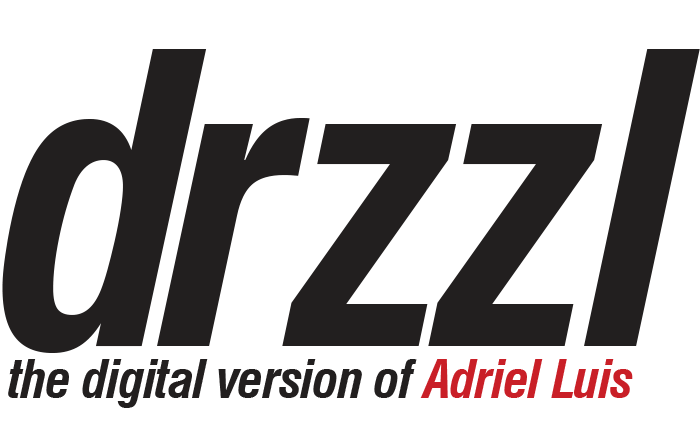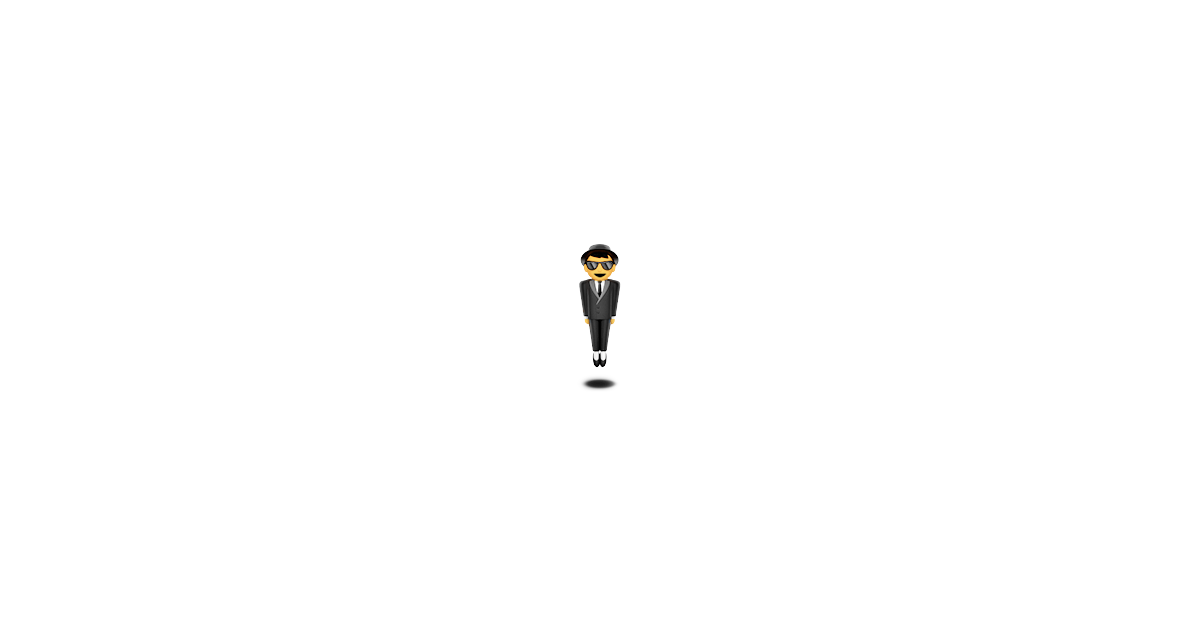I was sitting in an Auckland park admiring the trees when the story broke about the massacre in the mosques at Christchurch just south of the country. “The last place we expected something like this was here,” my Uber driver sighed. The silence that followed read like a madlib for where the first place would be. I know where that place is, because it’s where I left my shock behind long ago. Witnessing it from the people around me felt like a childhood memory, like an old school deep cut.
When people learned I’m from the states, they responded with a baffled expression that seemed to say, Then what do you normally do? I texted my family, and when my mom asked if I’ll be coming home early, I resisted explaining why that wouldn’t necessarily be a commute to safety. I scrolled through my feeds and saw all the people making it about them. I resisted making it about me. I thought about the Muslim community of Christchurch, and how nobody there wanted the day to be about them. Not in this way. I thought about all the non-Muslims who will feel compelled to bring it up whenever they encounter a Muslim, to ask if they’re okay. Like as if it isn’t about them, too. I felt the sacredness of anonymity.
I thought about how the word Islamophobia will now be increasingly incorporated into programs, initiatives, and the general lexicon of New Zealand life. I read the quote from the Prime Minister, who declared that those people have no place here, but these people do. I read the quote from the perpetrators, who declared that those people have no place here, but these people do. I thought about how Christchurch is no longer just the name of a city, but shorthand for a tragedy. I thought about earthquakes, and aftershocks.
I thought about humans, and how we kill things. I thought about humans, and how we survive. I thought, what if we defined ourselves by one, but not the other? Then what?


